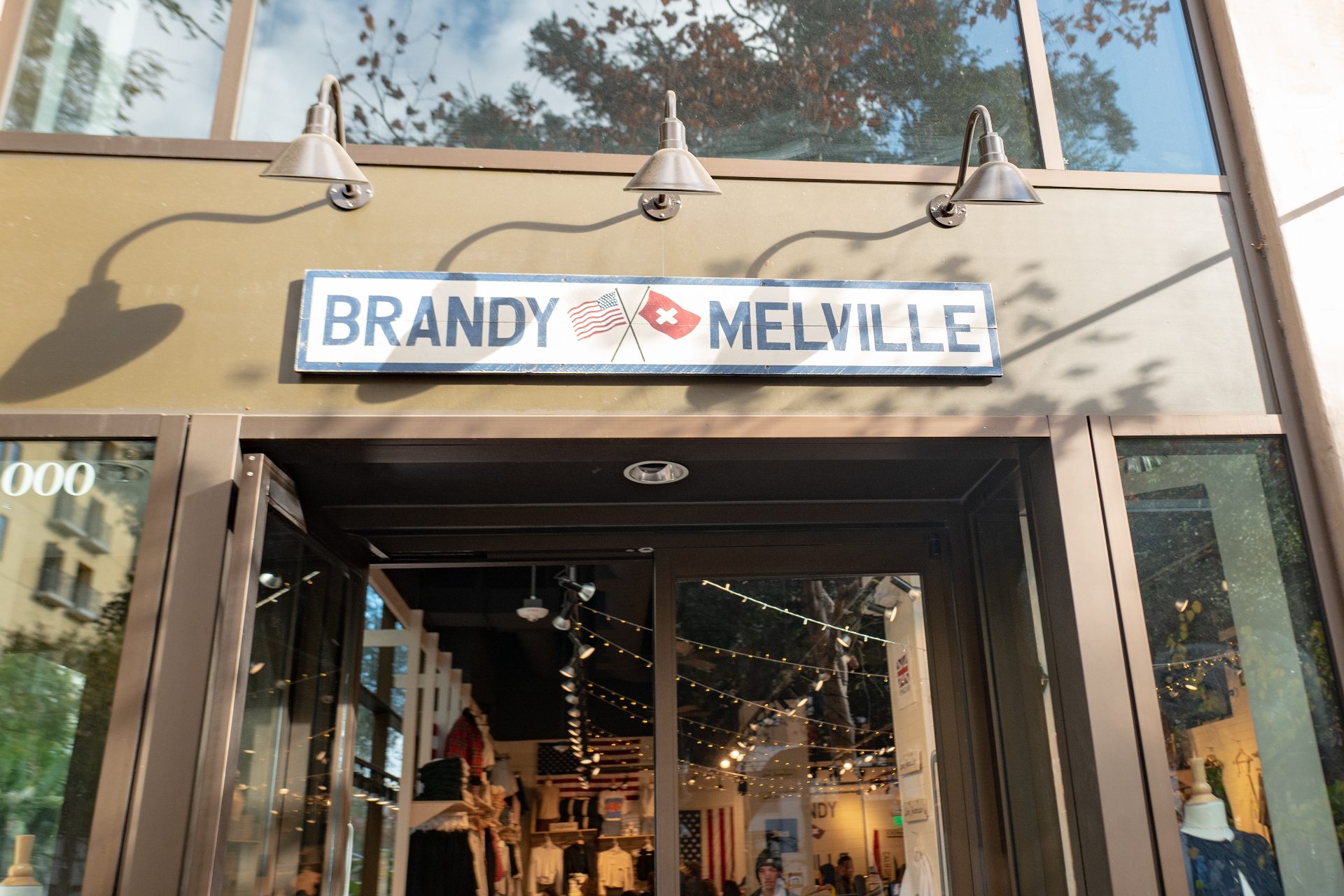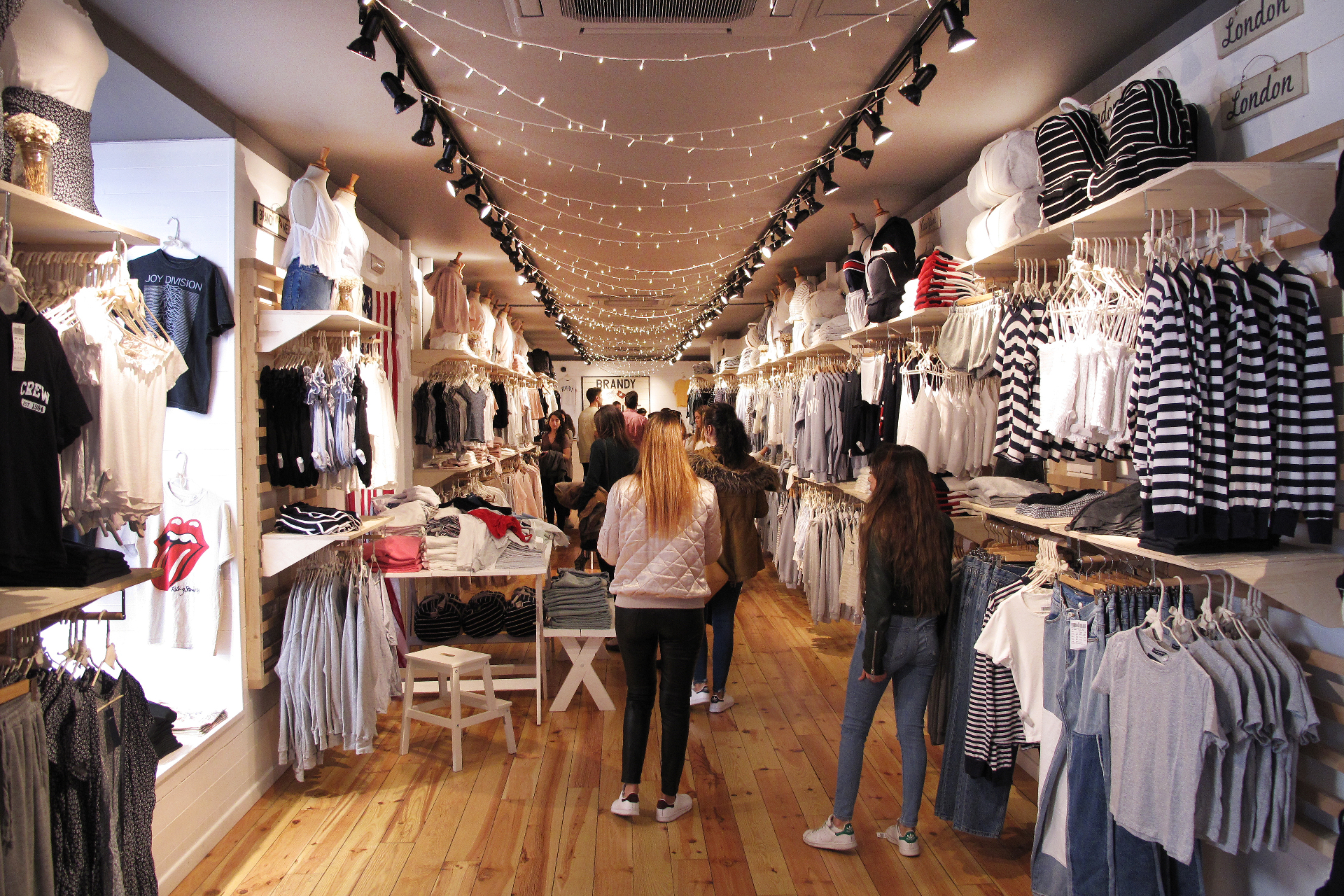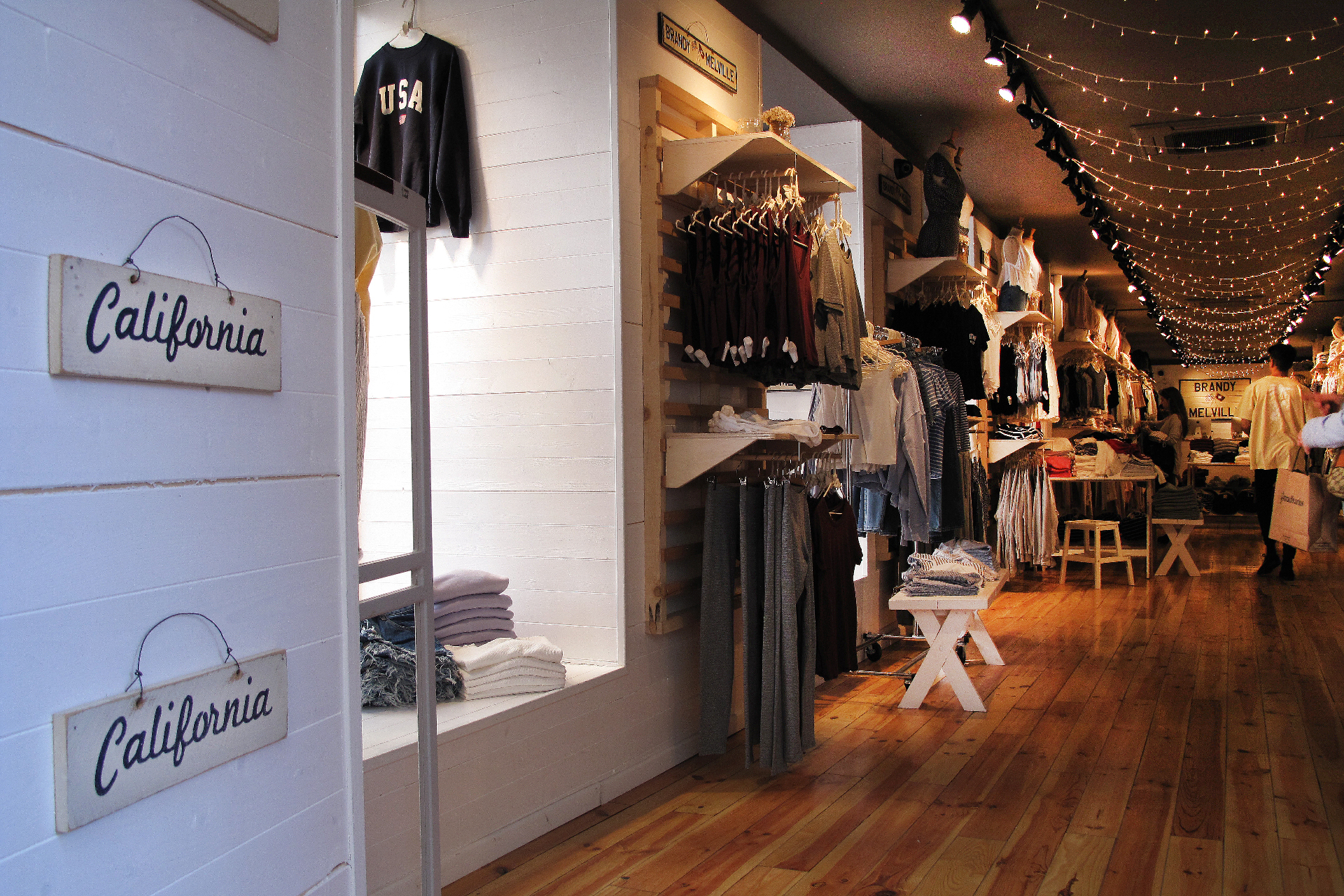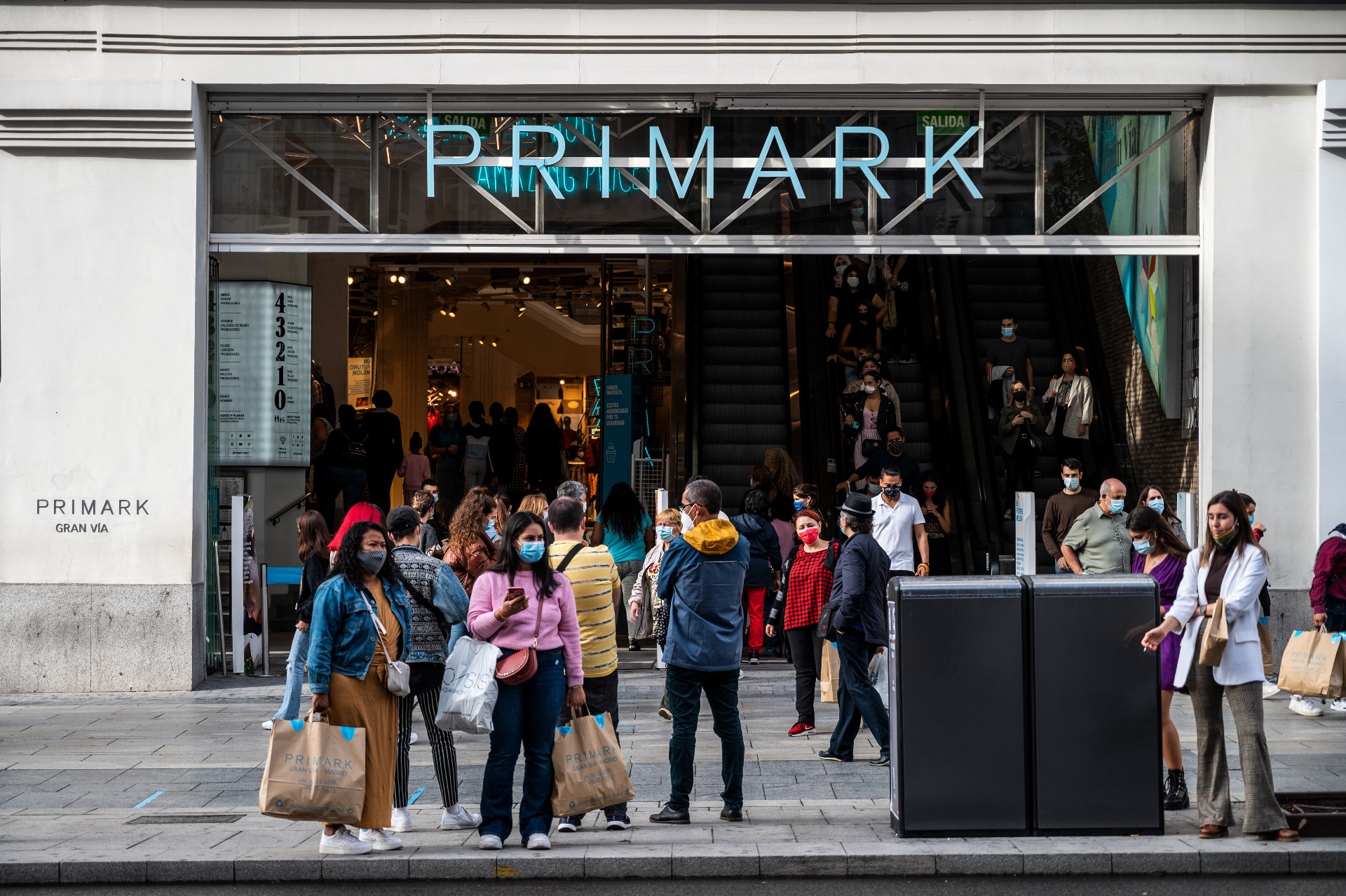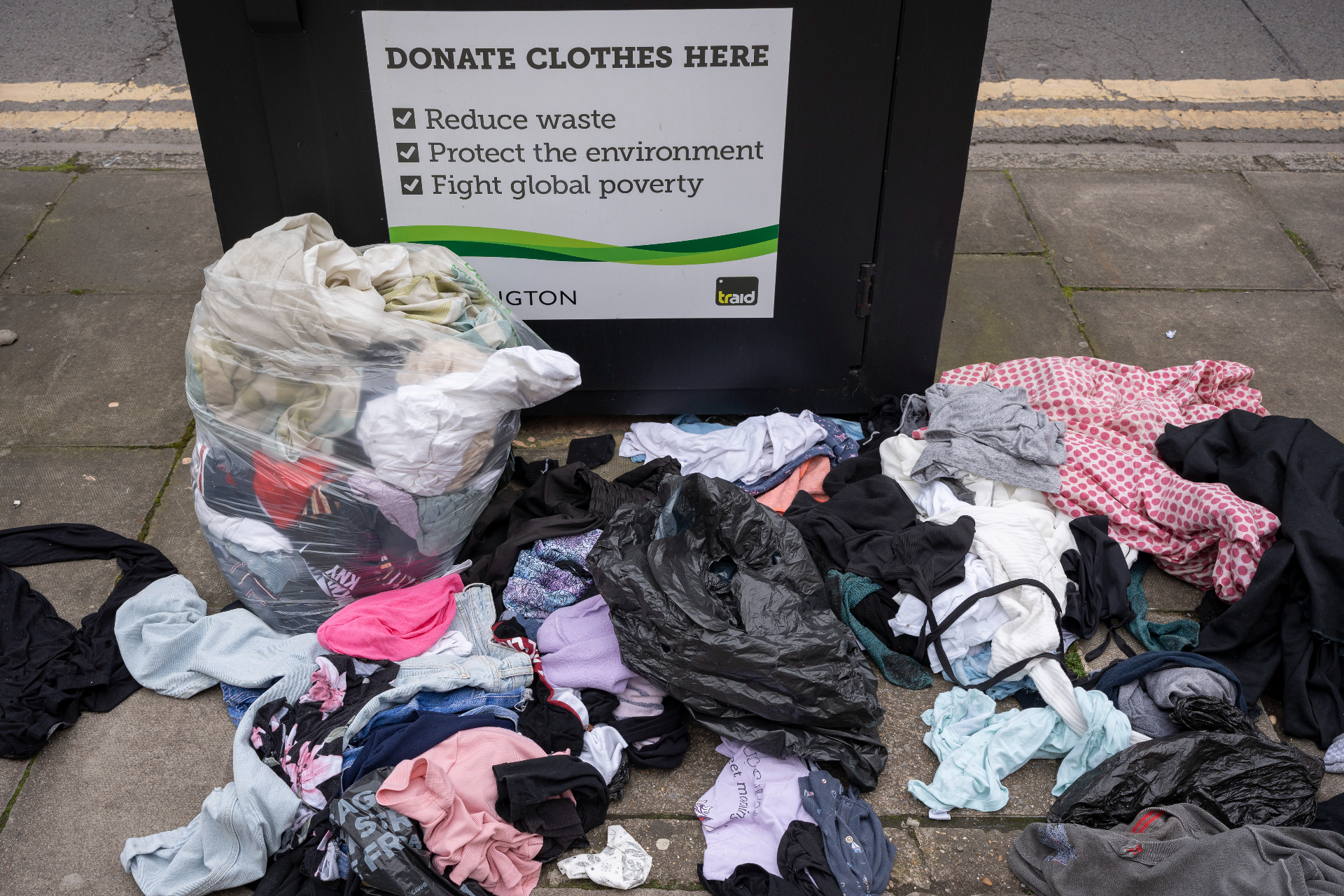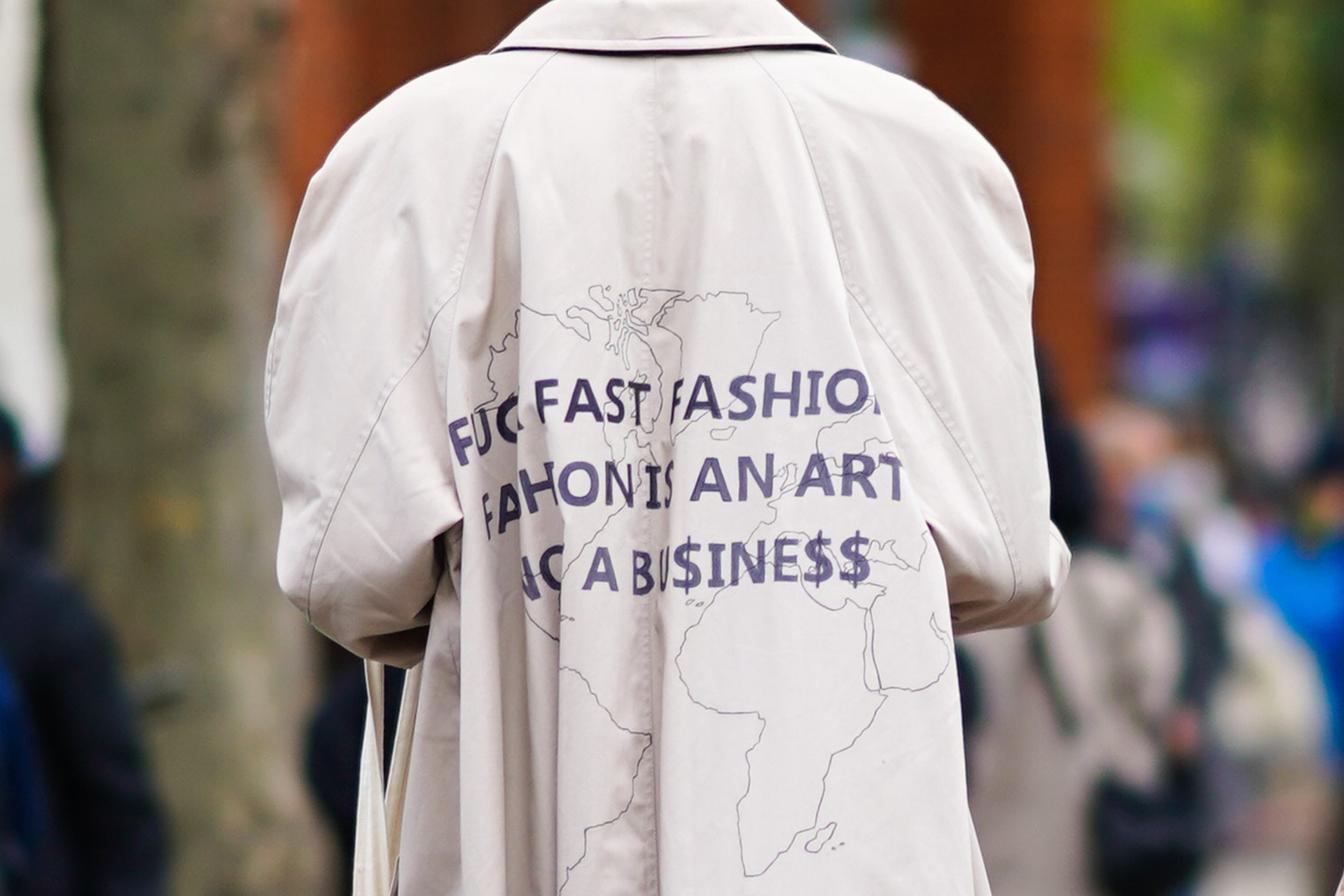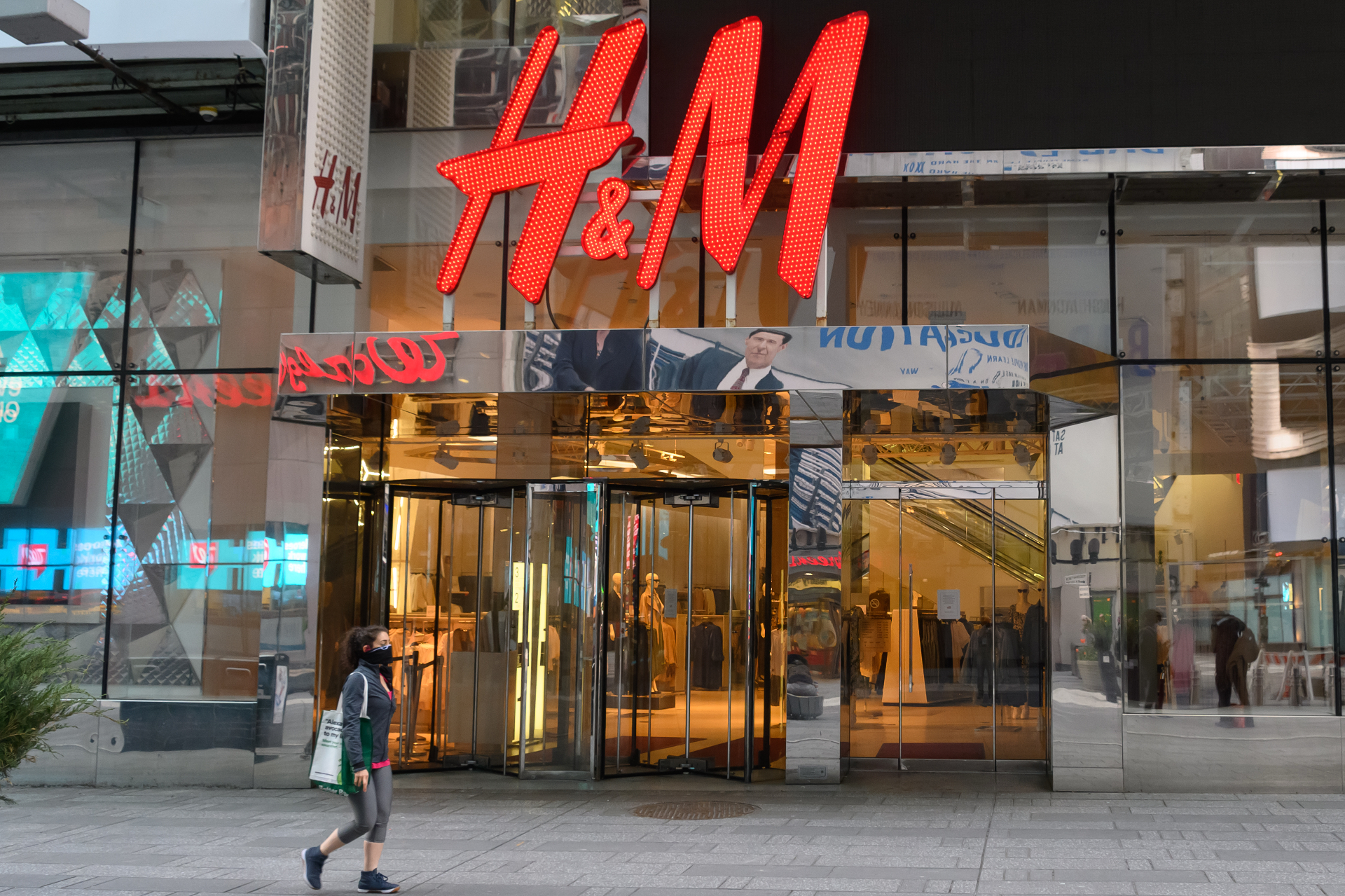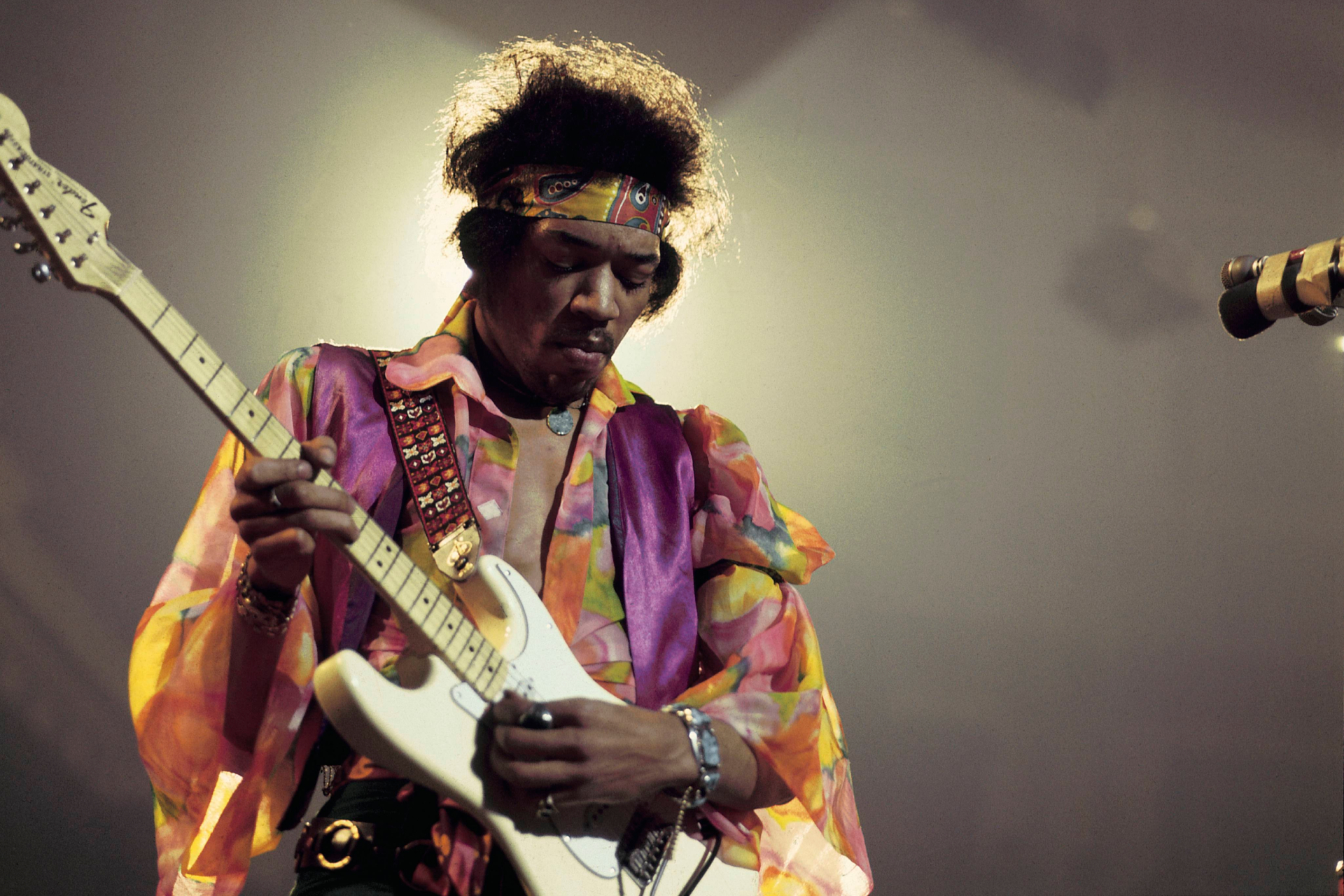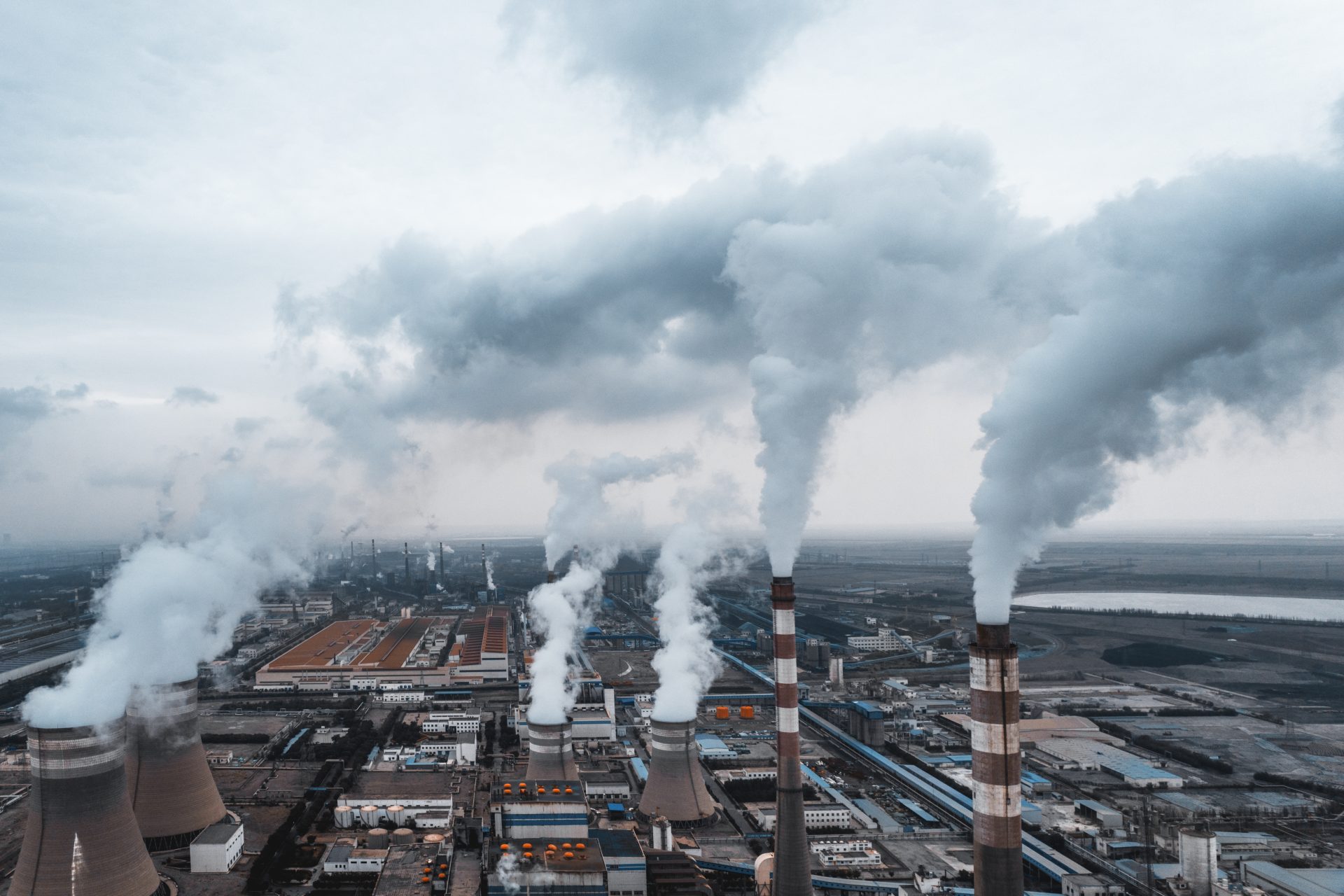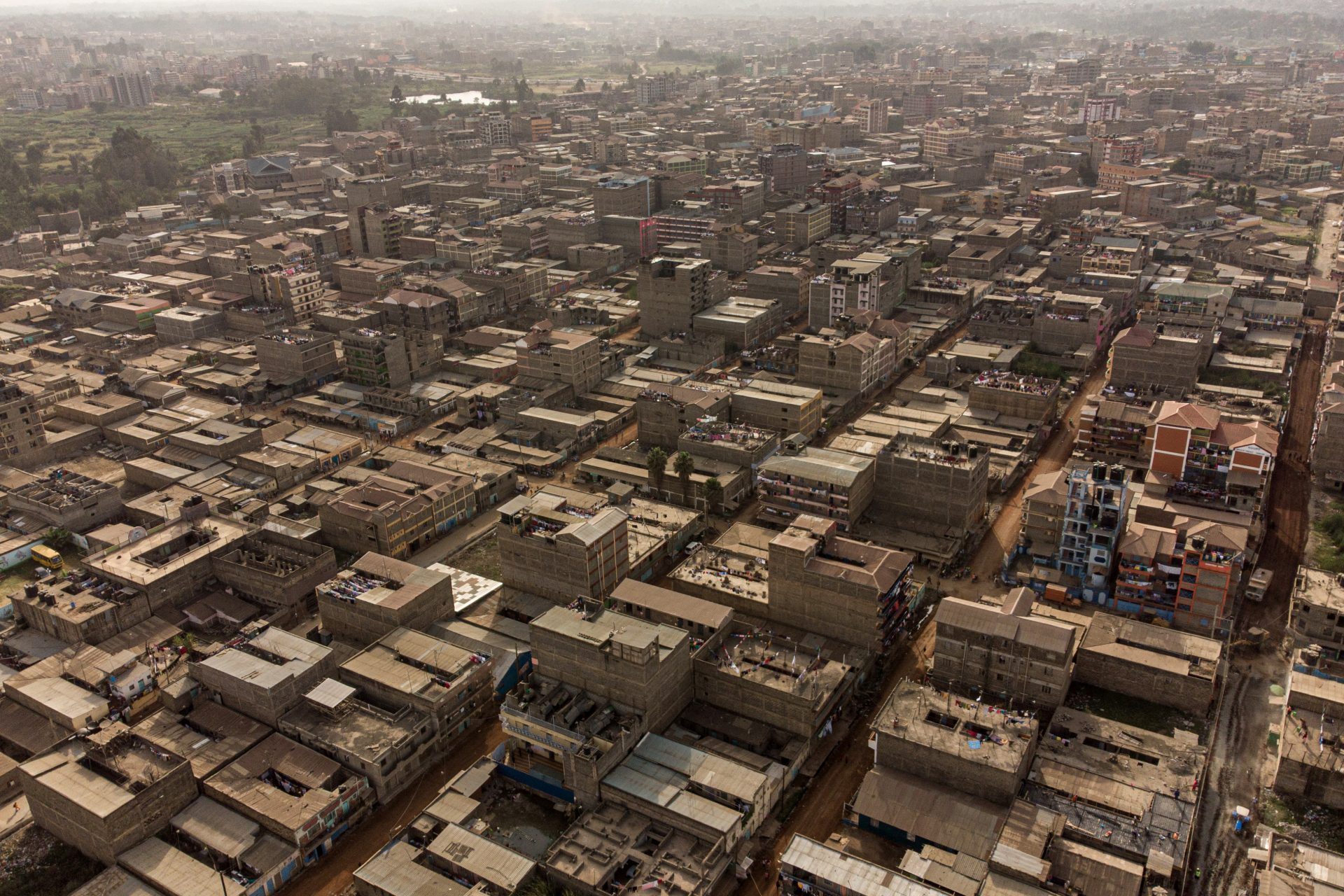A new documentary digs into the dark side of fast fashion
A new HBO documentary unveils the darkest sides of fast fashion. The film, built up over a 2021 Insider investigation, shows how famous teenage brand Brandy Melville exploits workers and consumers.
Former employees have accused the company and its owner, Stephen Marsan, of racism and discrimination by allowing only white, thin, and young women to work at their stores.
Brandy Melville stores only sell one size: small. According to Insider, the company expects its customers and employees to fit the standard image it promotes to the point of firing workers and closing stores in certain areas.
The chilling behavior of Brandy Melville is an extreme case. Still, according to a Forbes review, it is far from an isolated problem.
Forbes cites experts who explain that fast fashion's production system results in discrimination: Sizes are standard and do not fit everybody, and factories tend to abuse workers due to the volume and price needs.
International reports have also placed the industry among the most contaminating. Fabric waste overflows landfills worldwide. According to The Guardian, the sector uses around 1.5 trillion liters of water annually.
According to the IPCC (The UN's Intergovernmental Panel on Climate Change), 10% of the world's annual emissions come from the fashion industry.
However, many governments have set out to create bills and environmental measures to reduce the contaminating fast fashion consumers buy yearly.
Still, those laws do not only protect the environment; they also aim to protect workers, local vendors, and consumers.
France became the first country in the world to regulate the fast fashion industry when its parliament's lower chamber approved a series of measures to make it less attractive to consumers.
The measures include a ban on the advertisement of cheap textiles and an environmental tax. According to The Guardian, the proposal also aims to rescue local clothing manufacturers.
According to startup Greenly, the Fashioning Accountability and Building Real Institutional Change (FABRIC) Act is US history's first Federal fashion bill.
The act is still far from the President's desk. Still, it aims to protect fashion workers by regulating hours and wages and placing fines for breaking labor laws.
It also guarantees a 30% tax cut for companies that bring their production back to the US. Greenly argues that it reduces CO2 emissions by eliminating the need for transportation.
The state of New York also proposed a law to reduce the attractiveness of fast fashion by helping buyers understand the environmental and social impacts of clothing production.
According to The New York Times, The Fashion Act requires large fashion companies to disclose their supply chains across all production tiers and reduce their impacts. The transparency element allows the public to hold them accountable.
Photo: Megan Lee / Unsplash
Greenly cited environmental laws in the European Union, such as the Eco Design for Sustainable Products directive. It strives to improve transparency about fashion companies' materials and their sustainability.
More for you
Top Stories



